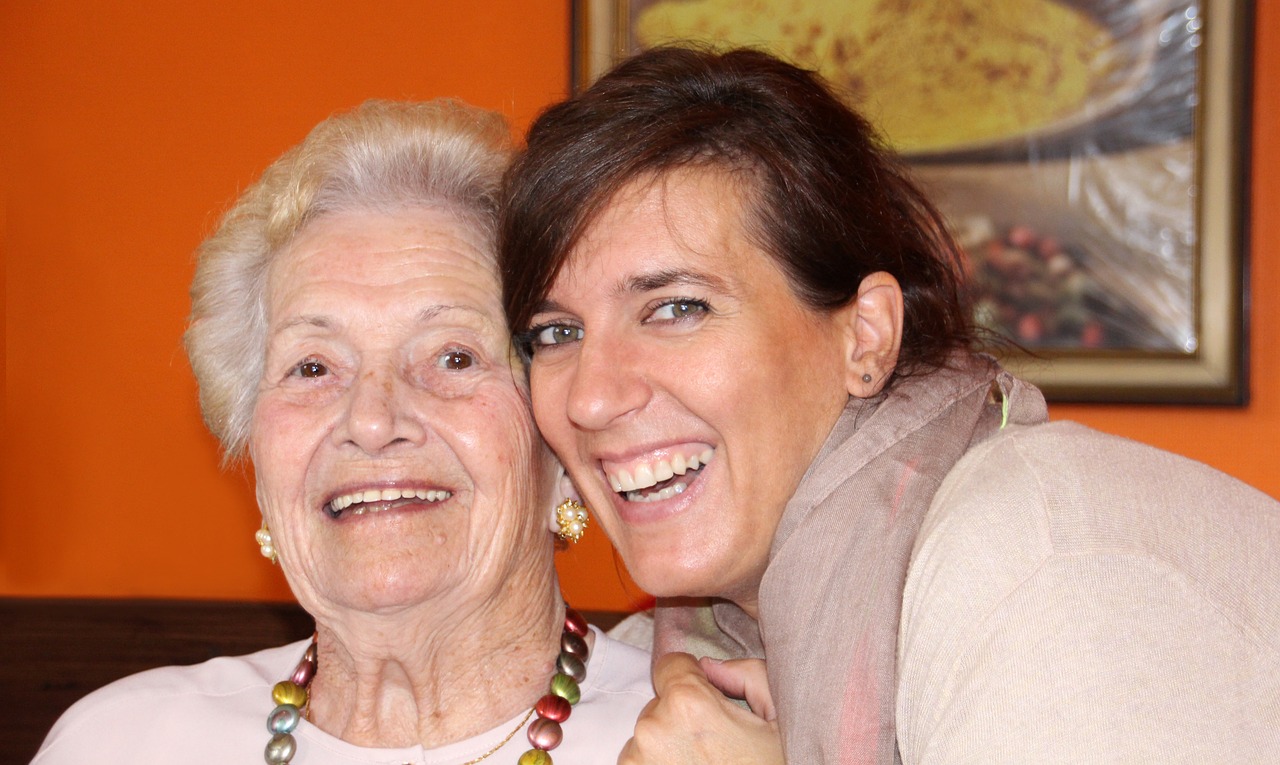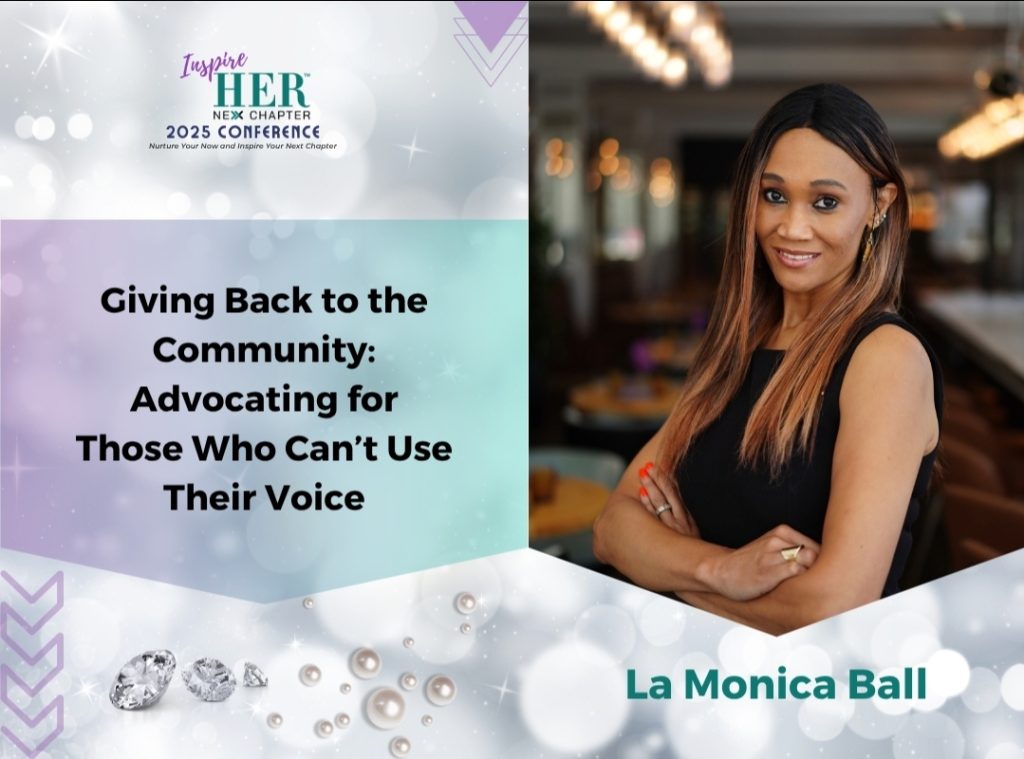Middle-aged adults sandwiched between taking care of aging parents and kids are known as the Sandwich Generation. In many cases they are caregivers. This can be someone who provides help to another person such as an ill spouse/partner, a disabled child or, in the case of the Sandwich Generation, an aging relative. Many family members don’t identify themselves as caregivers so they often don’t receive the support they need.
As November is National Family Caregivers Month, we want to recognize these selfless ones who are caring for their parents and children simultaneously. According to the Pew Research Center, nearly half of adults in their 40s and 50s have a parent aged 65 or older and are either raising a young child or providing financial support to an adult child 18 or older.
A 2014 Families and Work Institute’s Older Adult Caregiver Study of 1,050 adults in the US, found 53% to be caring for a relative 65 or older, and 61% said they had provided care for an adult 50 or older for at least 5 years.
Growth factors
Since the number of people over 65 is expected to double over the next 25 years with Baby Boomers increasingly moving into retirement and living longer, more middle-aged men and women will find themselves sandwiched between their children and aging parents.
While both genders are doing the duties, women are more heavily relied upon to care for both aging parents and their own family according to the Family Wealth Advisors Council of Women in Wealth “Wow Study.” The study states caregiving needs will be one of the most significant challenges women will face in years to come.
Helpful resources
Caregivers must be mindful to make time for their own health and give themselves a break. The old adage states that you can’t pour from an empty vessel, meaning you can’t provide care for others if you don’t take care of yourself first.
Fortunately, many agencies and employers offer assistance so caregivers don’t have to go it alone. AARP has devoted a large segment of their website to Caregiver health and information. A link to their website and information is below.
Along with comprehensive coverage of issues affecting caregivers, they offer free care guides, legal checklists, information on care options and an online community that supports all types of family caregivers. You can also call their caregiver support line for one-on-one help.
You can make a difference, too
Honor caregivers every chance you get. AARP’s Family and Caregiving Expert Amy Goyer recommends not making certain comments to caregivers such as, “You should do this or that” because it makes them feel judged and defensive.
Instead try to offer help in other practical ways such as an offer to cook a healthy meal, take the night shift so they can sleep, or give them a gift certificate for a personal trainer who will make house calls. Even caring for their loved one for a few hours to allow the caregiver a chance to get some rest can make a big difference.
A simple “thank you” also goes a long way. Caregivers sacrifice themselves to help others. We should all strive to let them know how much we acknowledge and support not only their sacrifices but their efforts and challenges as well.
Our Her Nexx Chapter Community invites you to join us where women are connecting with each other’s stories, exploring different experiences, and transforming ideas.
The Future of Connection for Women
About Our Author
- National Missing Children’s Day: Practical Tips to Keep them Safe - May 25, 2025
- Autism Acceptance Month: Addressing Diagnosis, Treatment and What it Really Means - April 24, 2025
- Melnea Cass: A Jewel in the Tapestry of Black History - February 21, 2025
Follow us:







